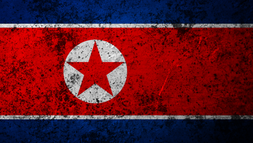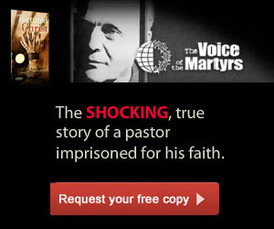
Christian Solidarity Worldwide (CSW) will join North Korean defectors to testify before the UN Commission of Inquiry on Human Rights in North Korea, when it holds its latest public hearing in London on 23 October.
The Commission was established “to investigate the systematic, widespread and grave violations of human rights” in North Korea following a resolution adopted by the UN Human Rights Council in March 2013. At the public hearing the Commission will hear testimonies from a range of witnesses, including human rights defenders and North Korean defectors. There will also be a meeting of the All Party Parliamentary Group on North Korea on 24 October.
The Commission was established “to investigate the systematic, widespread and grave violations of human rights” in North Korea following a resolution adopted by the UN Human Rights Council in March 2013. At the public hearing the Commission will hear testimonies from a range of witnesses, including human rights defenders and North Korean defectors. There will also be a meeting of the All Party Parliamentary Group on North Korea on 24 October.
Other historic public hearings have already been held in South Korea and Japan and the final hearing is set to take place in Washington DC next week. At the end of the month, the Commission will brief the UN General Assembly in New York, before presenting its final report and recommendations to the UN’s Human Rights Council in March 2014.
North Korea has one of the world’s worst human rights records. An estimated 200,000 people are believed to be detained in five political prison camps across the country. The system of guilt by association means that citizens can be imprisoned for political “crimes” committed by their family members for three generations. Conditions in the camps are dire: inmates endure freezing temperatures in winter, hard labor, and meager food rations. Defectors estimate that 70 percent of prisoners are severely malnourished. Torture, rape and public executions are common.
CSW has campaigned for an international inquiry into the human rights situation in North Korea since 2007. In 2011, CSW helped establish the International Coalition to Stop Crimes against Humanity in North Korea (ICNK), drawing together over 40 human rights organizations to campaign for an investigation.
Stuart Windsor, CSW’s Special Ambassador, who is due to lead CSW’s delegation at Wednesday’s hearing, said, “CSW welcomes the groundbreaking work of the Commission and the opportunity to present testimonies of North Koreans before an international inquiry. We hope that the Commission of Inquiry will expose the extent of the North Korean government’s human rights violations and provide the first steps towards justice for the North Korean people, who have suffered terribly under one of the world’s most brutal, and most closed, regimes.”
North Korea has one of the world’s worst human rights records. An estimated 200,000 people are believed to be detained in five political prison camps across the country. The system of guilt by association means that citizens can be imprisoned for political “crimes” committed by their family members for three generations. Conditions in the camps are dire: inmates endure freezing temperatures in winter, hard labor, and meager food rations. Defectors estimate that 70 percent of prisoners are severely malnourished. Torture, rape and public executions are common.
CSW has campaigned for an international inquiry into the human rights situation in North Korea since 2007. In 2011, CSW helped establish the International Coalition to Stop Crimes against Humanity in North Korea (ICNK), drawing together over 40 human rights organizations to campaign for an investigation.
Stuart Windsor, CSW’s Special Ambassador, who is due to lead CSW’s delegation at Wednesday’s hearing, said, “CSW welcomes the groundbreaking work of the Commission and the opportunity to present testimonies of North Koreans before an international inquiry. We hope that the Commission of Inquiry will expose the extent of the North Korean government’s human rights violations and provide the first steps towards justice for the North Korean people, who have suffered terribly under one of the world’s most brutal, and most closed, regimes.”


 RSS Feed
RSS Feed